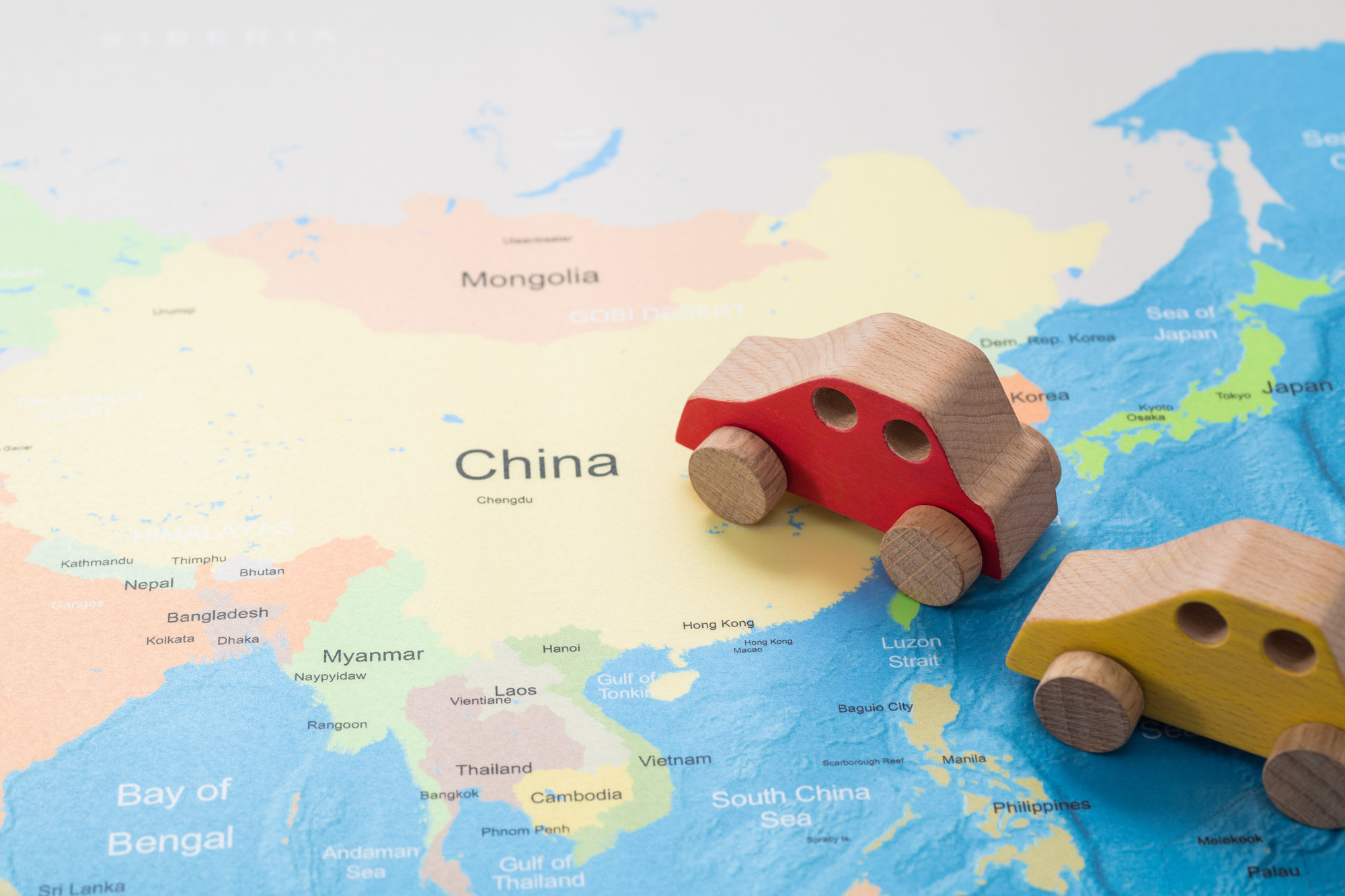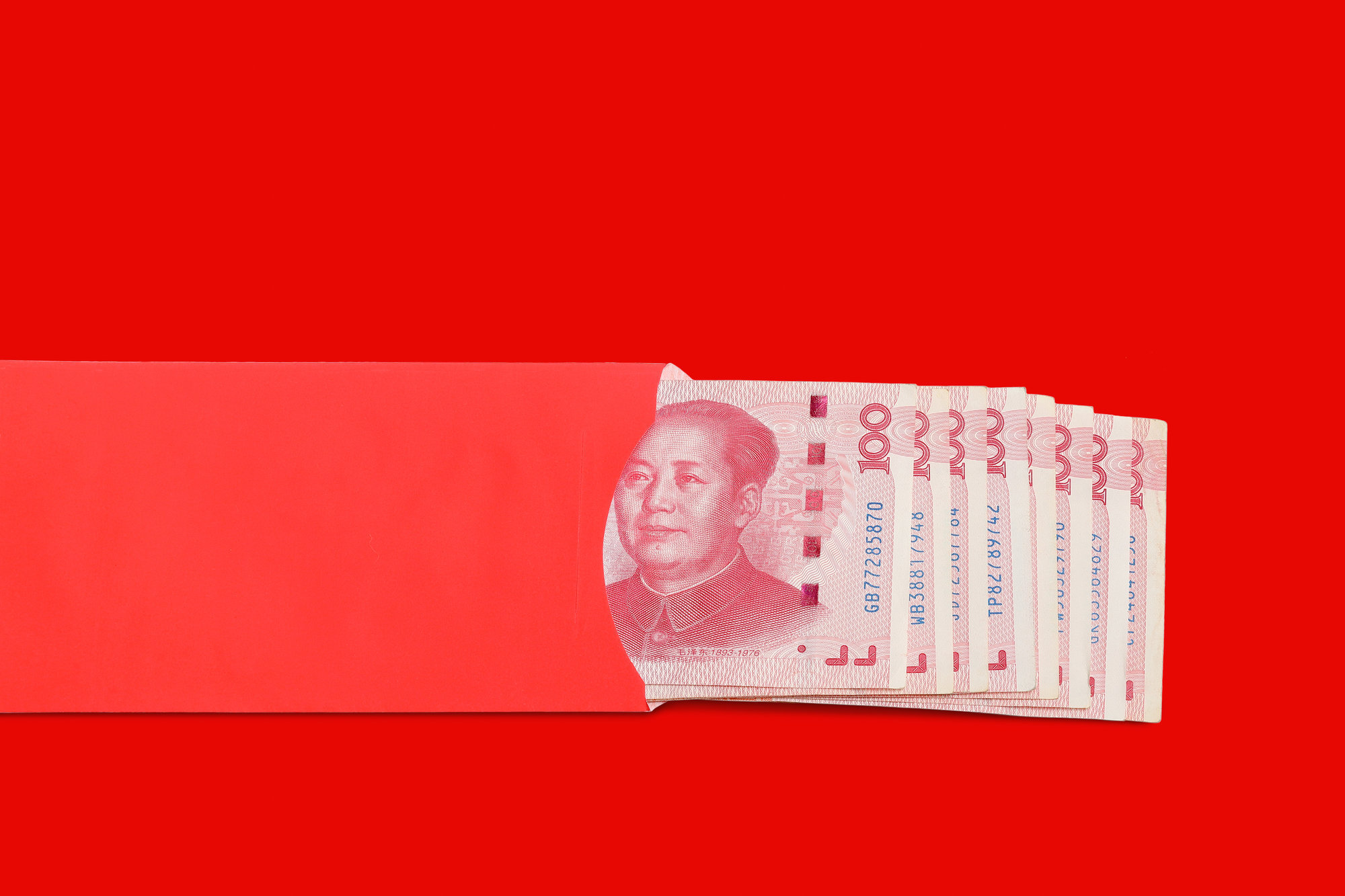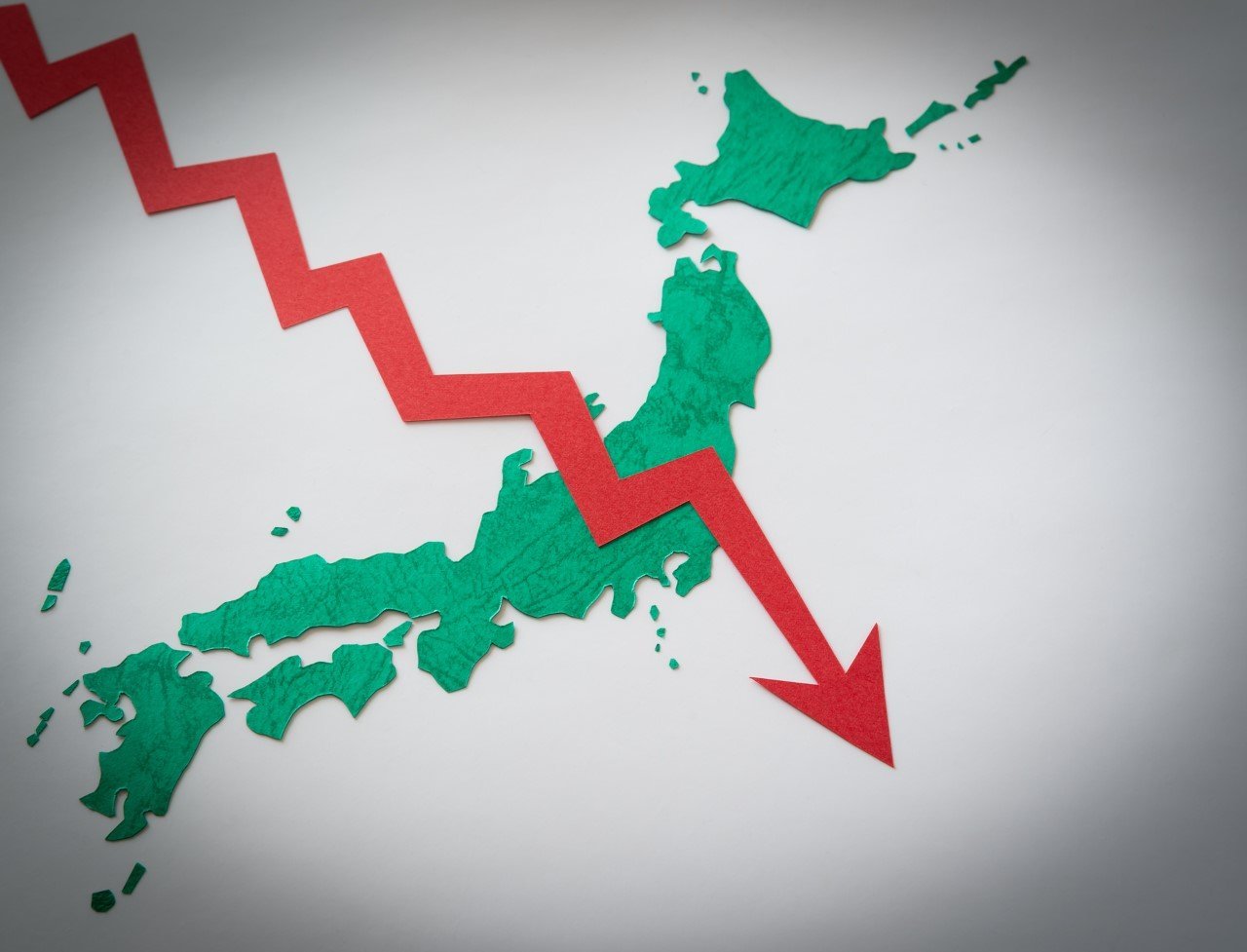2013/11/20
No. 188: Wakako Yuki, "Tokyo 2020: Making the Most of Its Intangible Value"
[PDF version]
When the enthusiasm and euphoria subsided after Tokyo's selection to host the 2020 Olympic and Paralympic Games, debates broke out in Japan over the possible economic boost (the Fourth Arrow of Abenomics), redevelopment of the city and the venue construction plan (the cost and size of the new Olympic Stadium). Ironically, gone with the bid was the high-brow talk of sports value, of using the power of sports for future generations. I, for one, feel somewhat disappointed by the lack of such vision, notably in the media, and I would like to defend the intangible value of the Games as the key to Tokyo 2020's legacy.
To date I have covered 10 Olympic and 5 Paralympic Games as a journalist, two each as a host-city-based correspondent. I have witnessed numerous intangible legacies that sports and the Games brought to the host countries, which changed my own perception toward their value. Jacques Rogge, former President of the International Olympic Committee, often stressed the importance of the Games' legacies. In his speech during the IOC Session prior to the 2012 London Games, he said that tangible (quantifiable) legacies are important but that the influence of intangible legacies could last even longer.
Let me give you some examples from the 1964 Tokyo Games. The post-war world saw preparations for the Tokyo Games trigger a multitude of infrastructure projects, a surge in domestic consumption and economic growth. At the same time, the people of Japan were able to gain confidence and take pride in their athletes' achievement, and to feel that they had been accepted back into the international community. The latter is an intangible legacy and, though the effect was not quantifiable, I believe it had a greater impact on individual lives and shaped the future of the nation.
Japan will be hosting the 2020 Games as a matured nation, if not matured and aging nation. Needless to say, economic recovery is important, but what Japan needs most to shape its future is not so much materialistic wealth as inner affluence and happiness.
When the Great East Japan Earthquake hit the Tohoku region, many of us were made aware that more important to our lives than material goods are human dignity, hope, and the joy of being able to give happiness to people close to you, i.e., a raison d'être.
In that mindset, we saw the value of sports in a different light for the first time. Sports gave smiles to children who suffered from post-traumatic stress disorder and initially did not speak or show emotion. Athletes and their appeals created rallying points for Japanese people to unite. Sports gave a simple but clear message: do not give up; there is always hope.
When 80-year-old Yuichiro Miura climbed Mt. Everest last May and broke the age record, he showed us the meaning of pursuing a dream at whatever age. He emphatically encouraged us to recognize that, regardless of age or physical state, you can always improve yourself by continuous exercise, and that you can change yourself by aspiring for goals and making efforts to achieve them.
This is one aspect of sports philosophy that can encourage people in all generations. It can lead to a more active life filled with confidence and a sense of achievement, and help you feel better about yourself physically and psychologically. As a nation it can create a positive attitude toward the future and, for those who require tangible evidence, it can lower social security and medical costs. Staging the Olympic and Paralympic Games can help such a process if used wisely.
Let us take a look at another area for potential intangible legacies: international contributions through sports diplomacy.
When the 2012 London Olympic and Paralympic Games were over, British Embassies and High Commissions around the world reported a surge in Britain's image, according to Sir Craig Reedie, Vice President of the International Olympic Committee, who oversaw the success of the London Games. Staging successful Games can itself be a great promotion of the country, but in London's case there was another contributor: an international project to promote sports in developing nations called 'International Inspiration.'
Tokyo 2020 promises to carry out a world-wide 'Sports for Tomorrow' project, similar in concept to the London Games' challenge. An improved image/status is an invaluable diplomatic tool for any country, not least for Japan, which faces souring relationships with neighboring countries in East Asia.
Staging the 2020 Games means Tokyo will have international attention for the next seven years. As such, and with Korea hosting the 2018 Winter Games and China its successful Beijing Games in 2008, there is a platform of collaboration among the three countries through sports. I am not naive enough to say this will directly improve the political situation, but sports can create windows of opportunities and symbolic gestures, as shown in numerous past examples such as the joint march by North and South Korea at the Games' opening ceremonies.
Personally, I feel the most worrying aspect of current bilateral relations is the deteriorating public opinion on both sides. Japan has maintained good relations in sports exchange and collaboration with China and Korea, and intends to expand them, according to Tsunekazu Takeda, president of the Japanese Olympic Committee. If such exchange and collaboration through sports can contribute to better understanding and grass-roots friendship, this by itself would serve as a great intangible legacy of the Games.
Wakako Yuki is a senior writer of the Yomiuri Shimbun.
The views expressed in this piece are the author's own and should not be attributed to The Association of Japanese Institutes of Strategic Studies.









